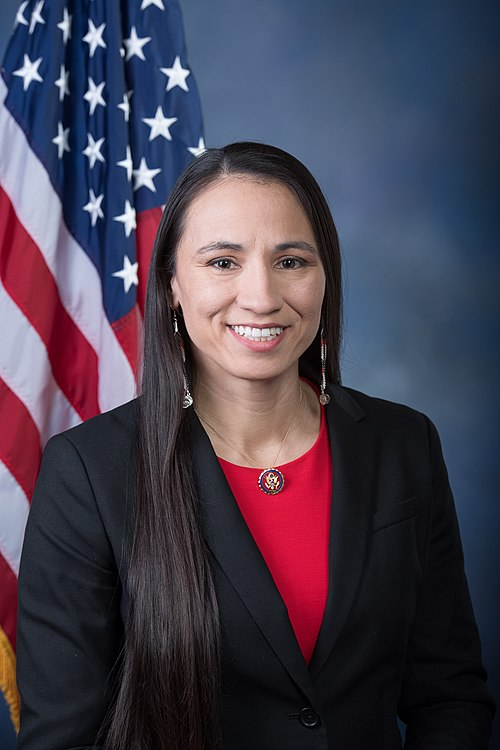H.R. 3825: Kelsey Smith Act
The Kelsey Smith Act is a proposed amendment to the Communications Act of 1934 that would require certain service providers, such as wireless telecom companies, to provide location information of a telecommunications device to law enforcement or emergency responders in specific emergency situations. Here’s a breakdown of the key points of the bill:
Emergency Disclosure Requirements
The bill mandates that if an officer of the law or a representative from a public safety answering point (such as 911 services) requests the location information of a telecommunications device, the service provider must supply this information without delay. This would apply when:
- The device was used to make a 911 call for emergency assistance within the last 48 hours.
- There is reasonable suspicion that the device belongs to someone involved in an emergency situation that poses a risk of death or serious physical harm.
Documentation of Requests
If a law enforcement officer or emergency service agent requests location information, the agency employing that officer must keep a record of the request, which should include:
- The name of the officer or agent making the request.
- A description of the request that explains the need for the information.
- A declaration that supports the necessity of the request based on the emergency criteria established in the bill.
Legal Protections for Service Providers
The bill includes provisions that protect service providers from legal action when they comply with these requests. Specifically, they cannot be sued for providing location information during emergency situations as outlined in the bill.
State Law Compliance
The bill also clarifies that service providers must still comply with any applicable state laws that require them to disclose location information under similar circumstances as those outlined in the bill.
Definitions of Terms
Several terms are defined for clarity within the legislation, including:
- Covered Service: This includes commercial mobile services and IP-enabled voice services.
- Investigative or Law Enforcement Officer: This term encompasses various officials authorized to enforce laws and respond to emergencies.
Overall Purpose
The overall intent of the Kelsey Smith Act is to enhance the ability of emergency services to respond quickly and effectively to situations where individuals may be in danger, thereby potentially saving lives through faster access to critical location data.
Relevant Companies
- T (AT&T Inc.): As a major player in telecommunications, AT&T would be required to comply with the new provisions regarding emergency location information requests.
- VZ (Verizon Communications Inc.): Verizon, being another key telecommunications provider, would also be impacted by the need to disclose location data in emergency situations as mandated by this bill.
- S (Sprint Corporation): If they remain in operation as a distinct entity, Sprint would similarly need to adhere to the new disclosure requirements for emergency services.
This is an AI-generated summary of the bill text. There may be mistakes.
Sponsors
4 bill sponsors
Actions
2 actions
| Date | Action |
|---|---|
| Jun. 06, 2025 | Introduced in House |
| Jun. 06, 2025 | Referred to the Committee on Energy and Commerce, and in addition to the Committee on the Judiciary, for a period to be subsequently determined by the Speaker, in each case for consideration of such provisions as fall within the jurisdiction of the committee concerned. |
Corporate Lobbying
0 companies lobbying
None found.
* Note that there can be significant delays in lobbying disclosures, and our data may be incomplete.



































